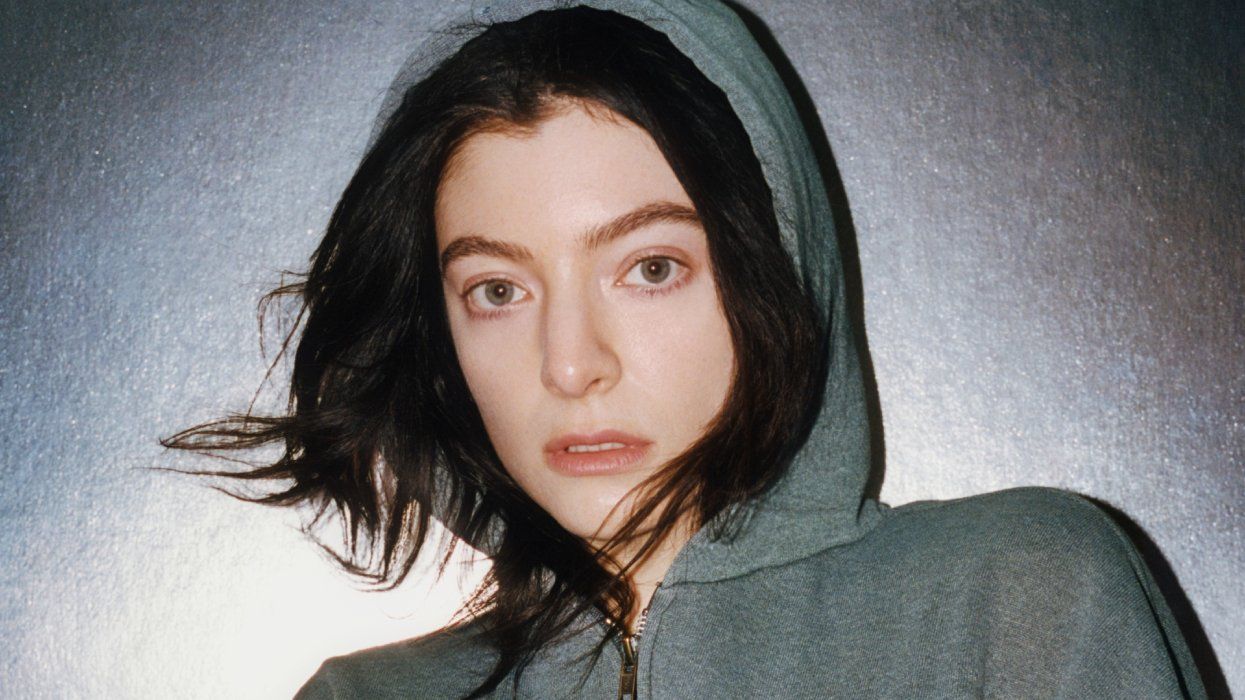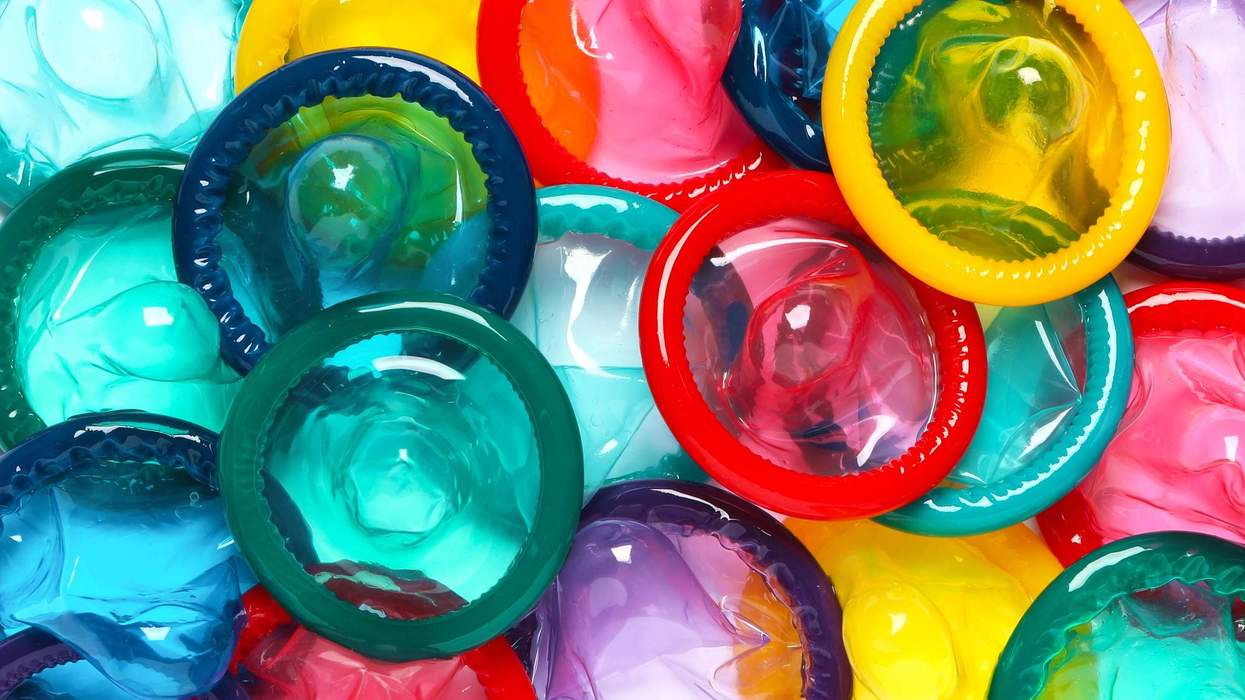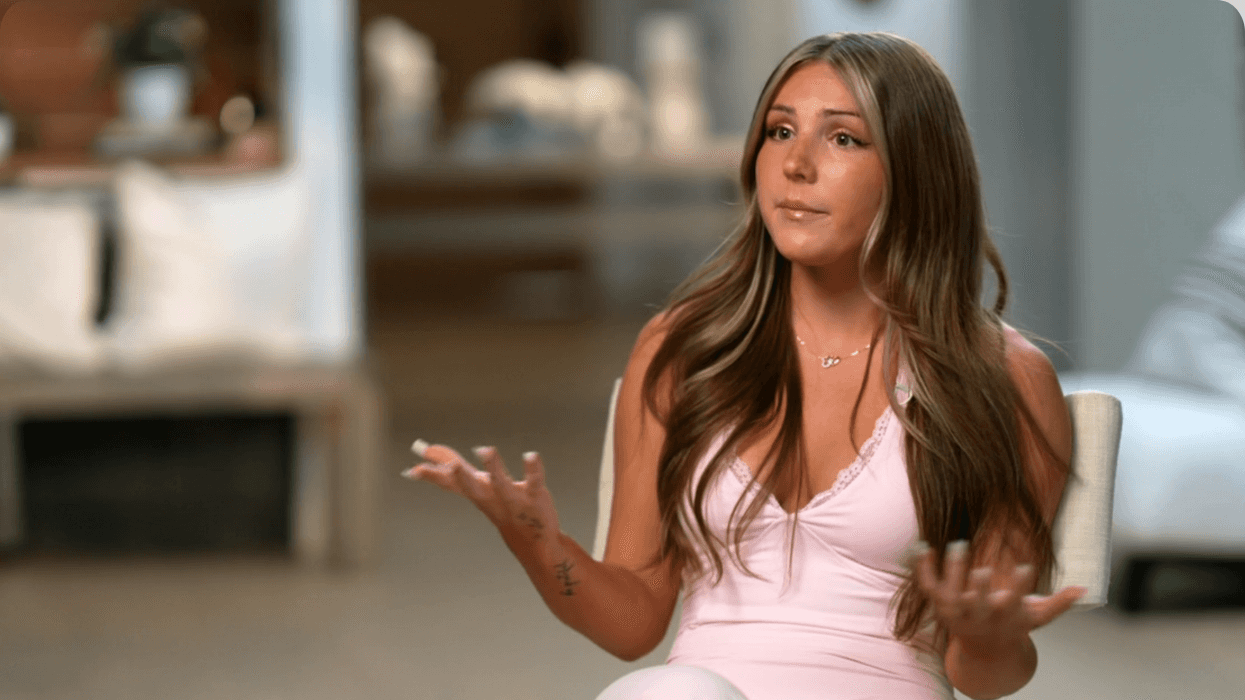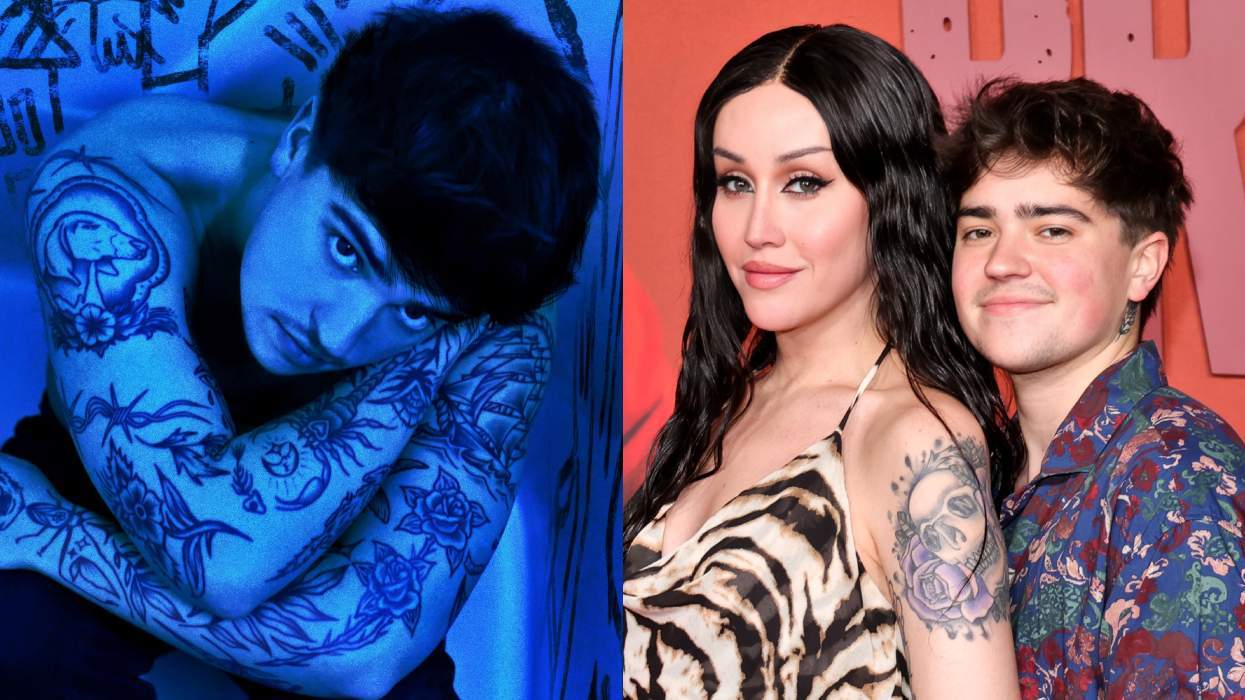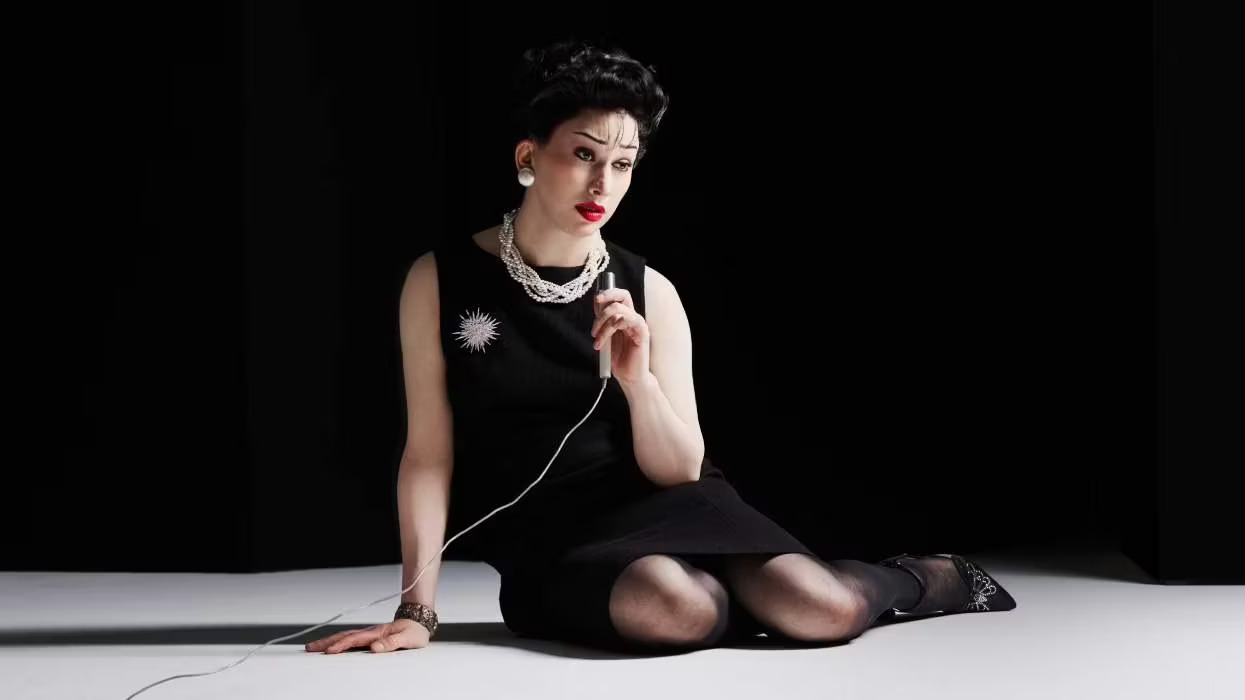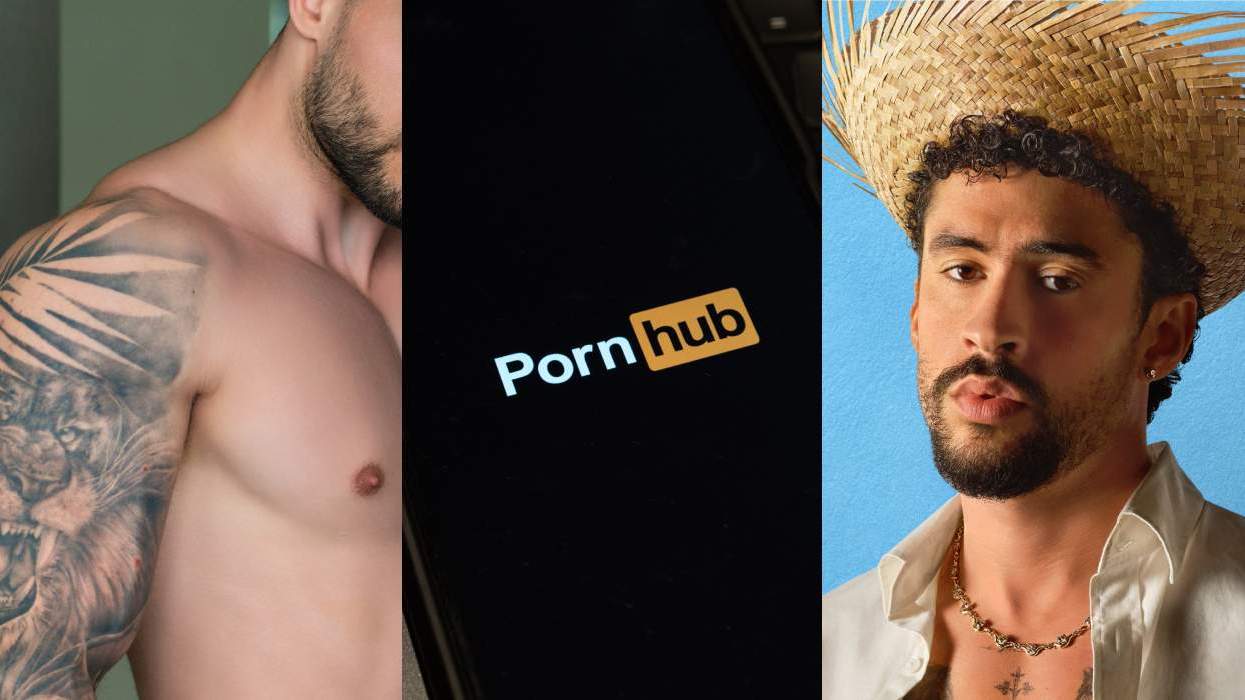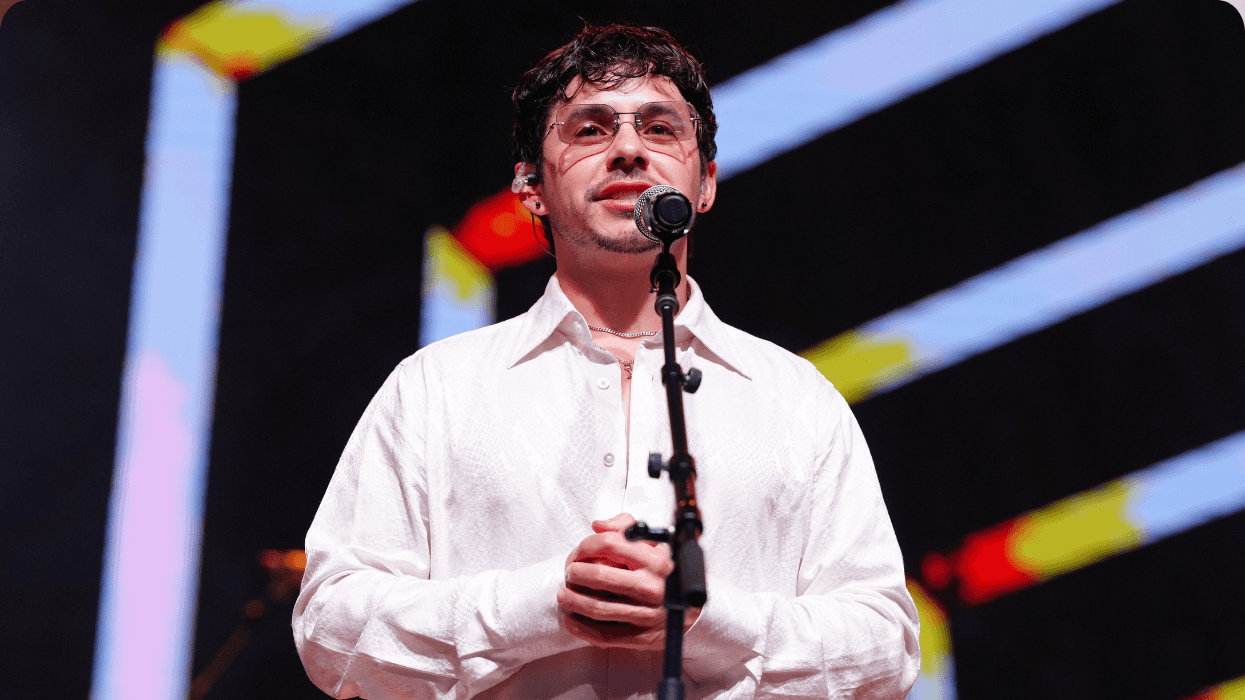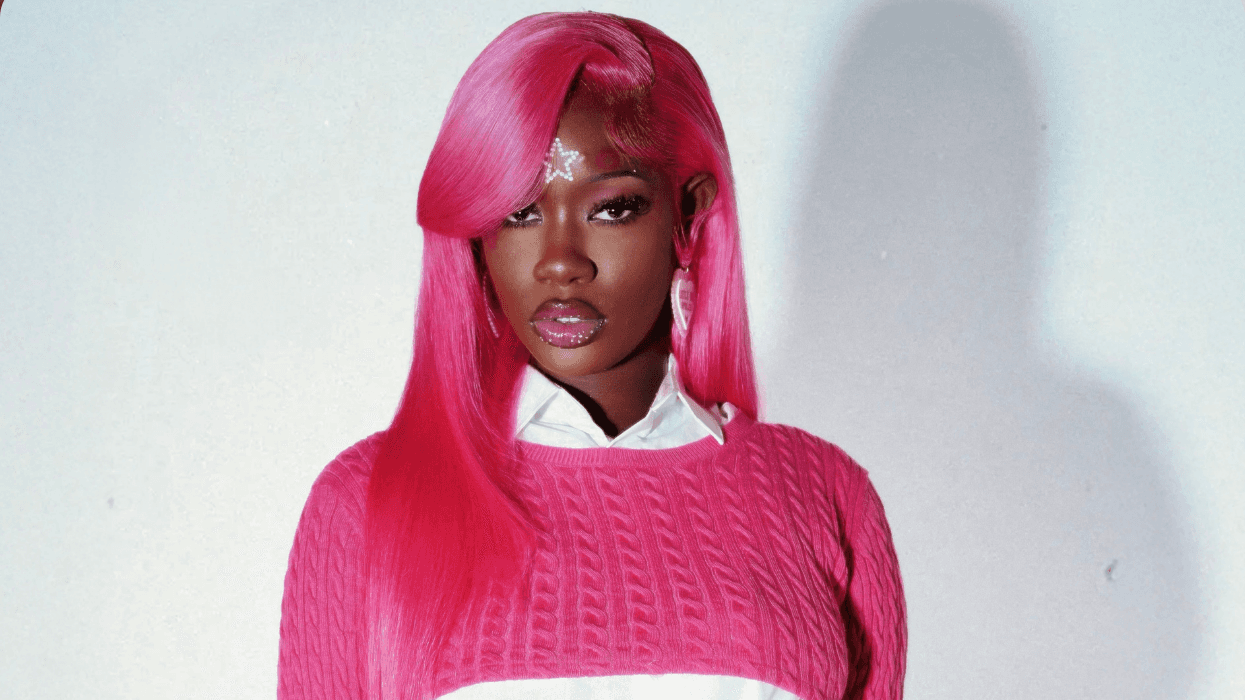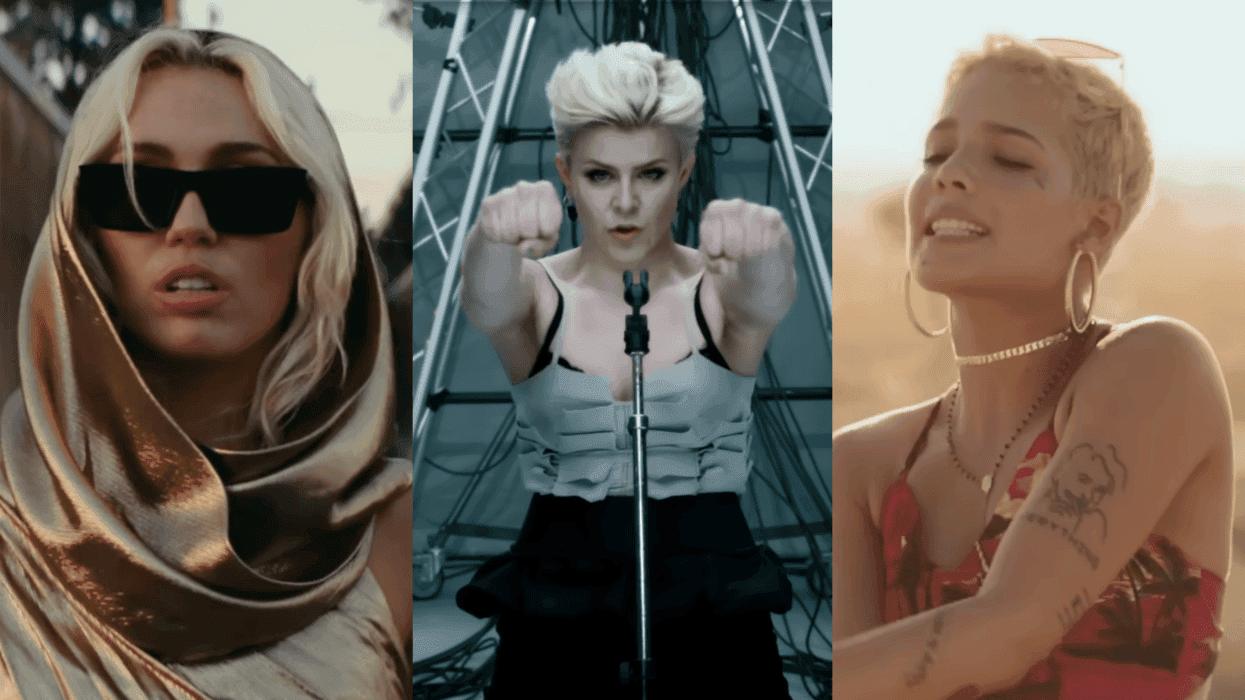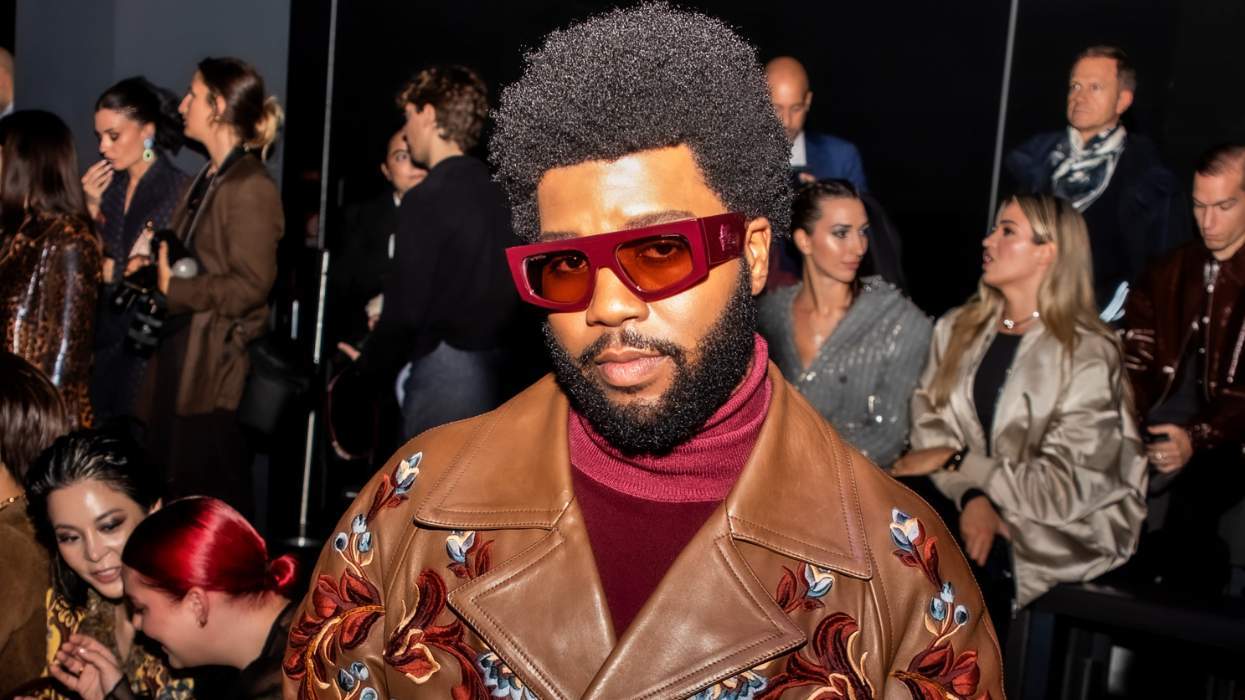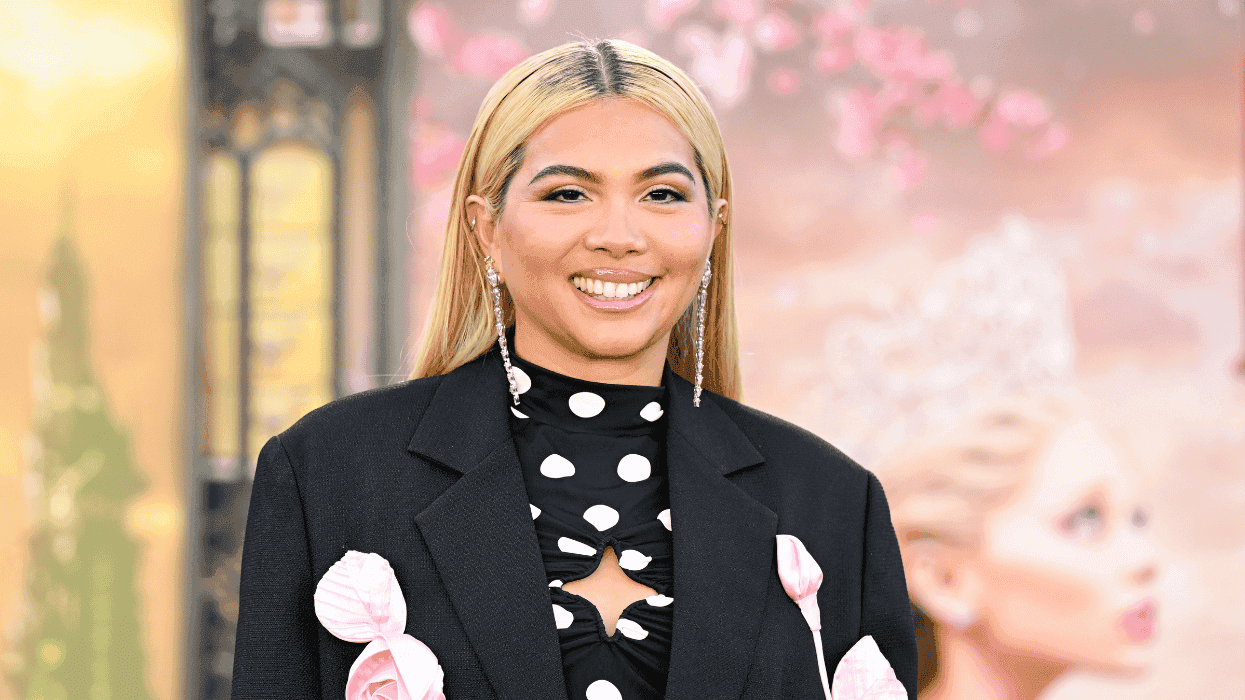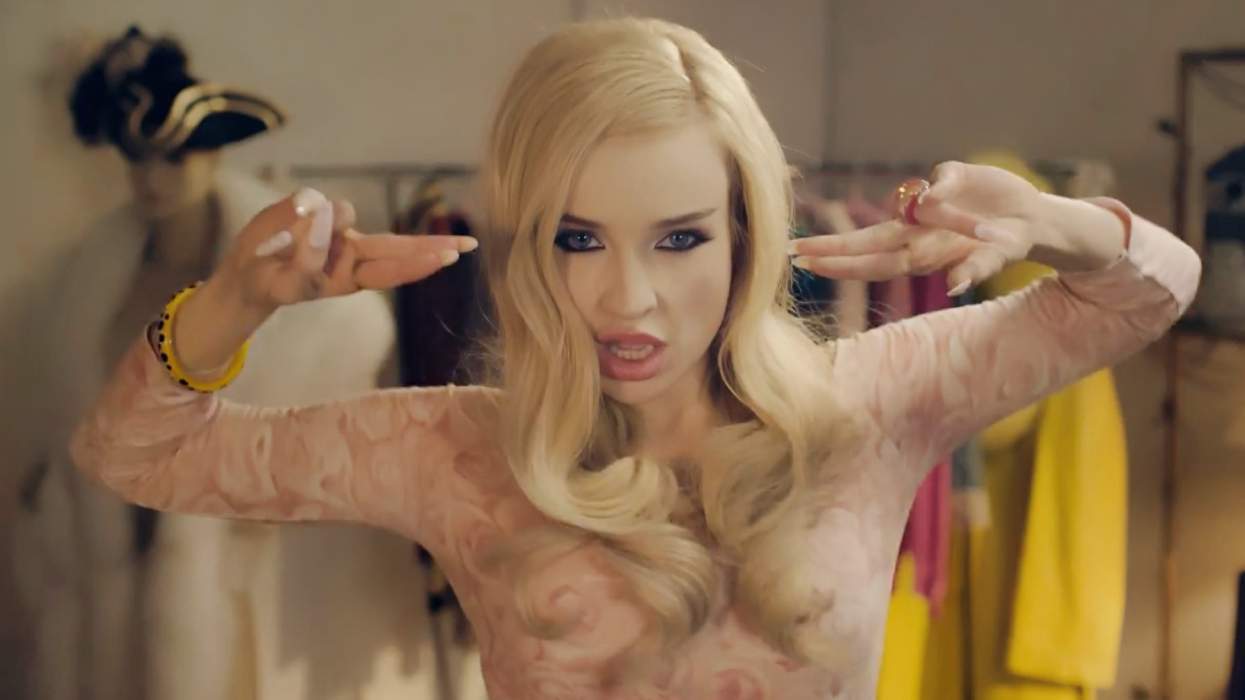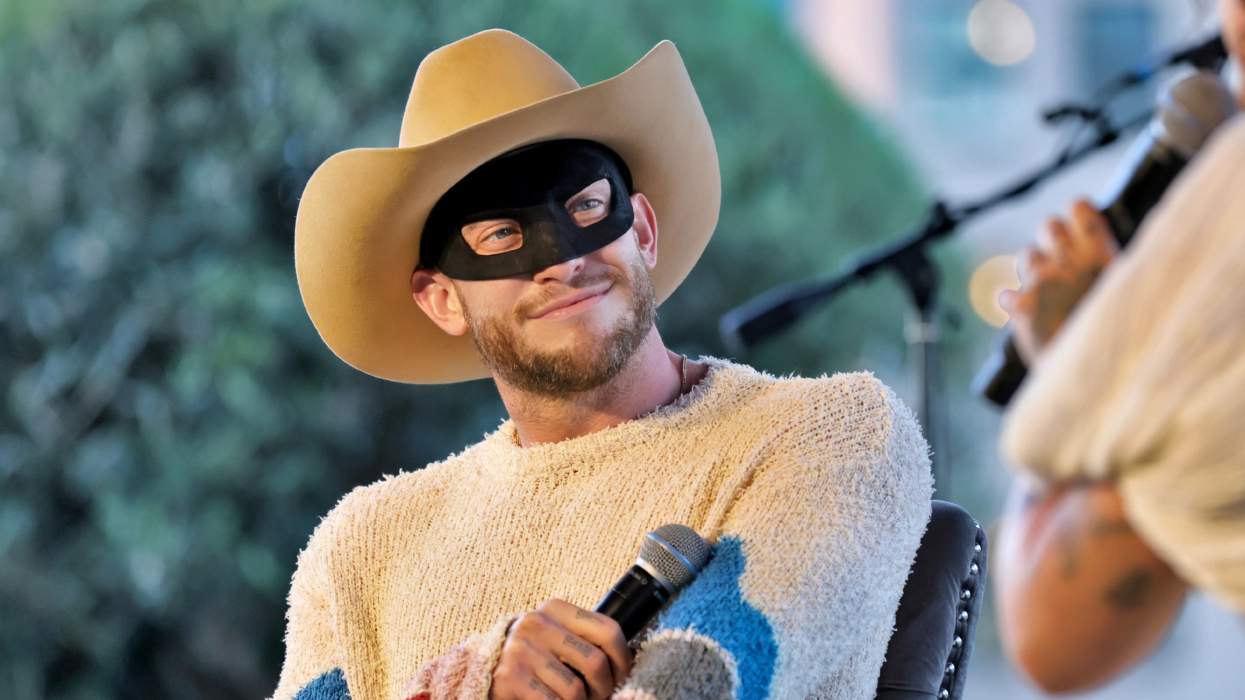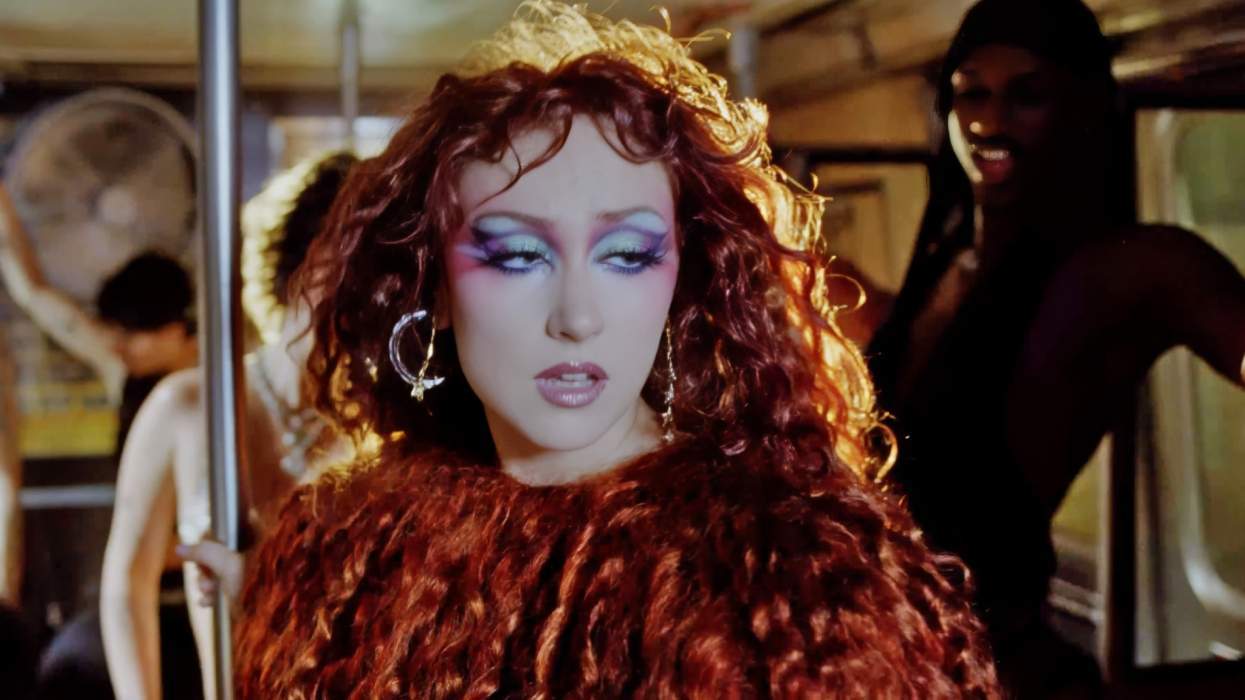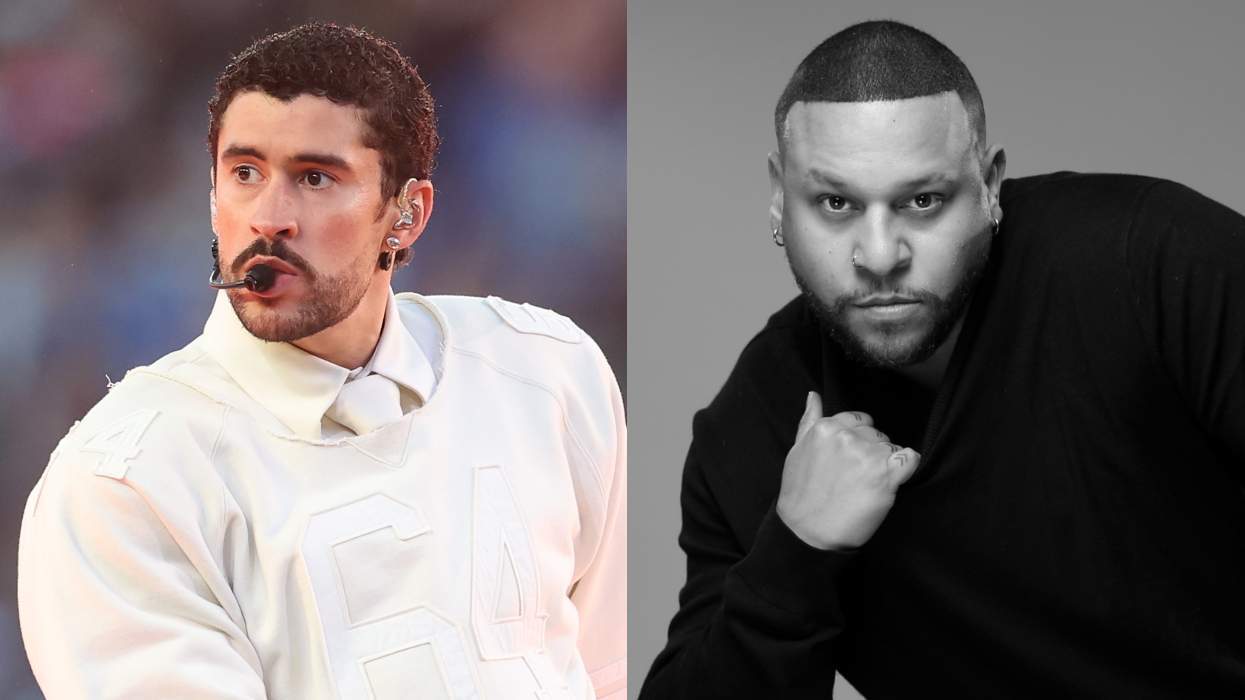When outlining the references and anecdotes that inspired her new song, "What Was That," and her upcoming fourth album, Virgin, Lorde has been pointedly nodding to the current assessment of her own femininity as it relates to the "broadening" of gender, the published works of queer writers, and even "coming into [her] masculinity" as of late.
Sign up for the Out Newsletter to keep up with what's new in LGBTQ+ culture and entertainment — delivered three times a week straight (well…) to your inbox!
Lorde was 16 when "Royals" conquered the world and led to her debut album, 2013's Pure Heroine. She was 21 when "Green Light" made way to the Melodrama era of 2017. She was 25 in the release of 2021's Solar Power and its lead single. Like clockwork, the singer dropped "What Was That" in April and announced her fourth studio album, Virgin, for June 2025.
The through line, here, has been that each new body of work from Lorde has existed within a four-year era that showcased her evolving artistry and career. On the other hand, this has always felt like an unusually rigid, fixed schedule for a pop star who's so famous for piercing and brutally honest lyrics, a specific voice that is both haunting and comforting, and the evolving examination of her womanhood in both earnest and satirical manners.
"What Was That," the lead single of Virgin, sparked knee-jerk reactions from critics and chronically online stans who quickly declared that "Lorde is back" to a mode that sounds similar to her first two albums… But is it, really? As a writer, it's hard to ignore the more interesting provocations that the singer, on the precipice of turning 30, is actually making in this lead-up to the new album.
What if these aren't just four-year eras of world-building, or four-year cycles to promote an album, but are instead four-year terms in which Lorde takes stock of how she's been able to govern her own identity — or had her identity governed by other powers that be — over the last 14 years?
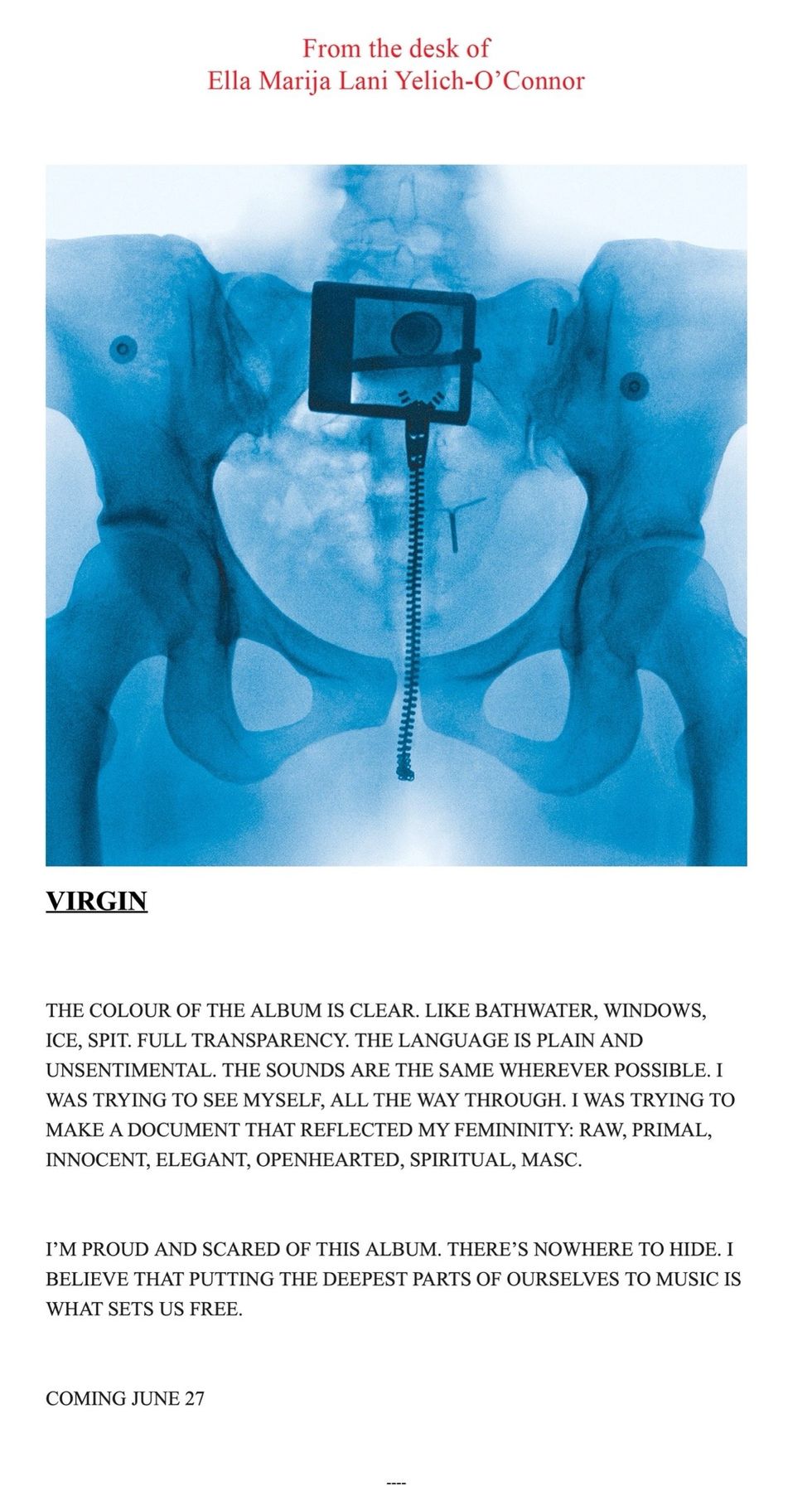
Lorde's personal letter, emailed to fans, while announcing her new album, Virgin.
Lorde via lorde.co.nz
This impetus, as it relates to Virgin, first came in the form of a message that Lorde herself sent directly to fans when announcing the new album. Besides the standard press release from her record label, Lorde sent her fans a less detailed — but more personal — email titled, "From the desk of Ella Marija Lani Yelich-O'Connor." The email read:
"The color of the album is clear. Like bathwater, windows, ice, spit. Full transparency. The language is plain and unsentimental. The sounds are the same wherever possible. I was trying to see myself, all the way through. I was trying to make a document that reflected my femininity: raw, primal, innocent, elegant, openhearted, spiritual, masc."
She concluded, "I'm proud and scared of this album. There's nowhere to hide. I believe that putting the deepest parts of ourselves to music is what sets us free."
Some ears immediately perked up at Lorde ending the description of her femininity with "masc." However, there's a lot more to unpack here. The Virgin cover art being an X-ray, for instance, echoes the way Lorde described working with fellow New Zealand superstar Marlon Williams in a song titled "Kāhore He Manu E" for his latest album.
"Over the course of several years I watched Marlon pull at the threads that became Te Whare Tīwekaweka," Lorde said about the collaboration, as reported by Billboard. She then praised how Williams crafted songs "that speak to the past while also braiding in his characteristic humor and X-ray vision."
The concepts of having X-ray vision, being transparent, and unleashing one's truth after realizing that the only way out is to dig in even deeper, are also present in Lorde's response to Charli XCX's "Girl, so confusing" that brought to life one of the most popular Brat remixes of all.
"Well, honestly, I was speechless / When I woke up to your voice note / You told me how you'd been feeling / Let's work it out on the remix," Lorde sang in the lyrics, adding that she was "so lost in my head" in the thick of being "at war with my body."
In the end, Lorde acknowledged that behaving in "self-defense" can easily turn into "building a weapon" — and that people can ultimately "believe my projection," even if that was never meant to be the truth.
Between "Kāhore He Manu E" (in Māori) and "Girl, so confusing" (in Brat-speak), it's clear that those messages got lost in translation. Until now, at least.
On Thursday, May 1, a new interview with Lorde was published on Document Journal in which the singer spoke with multihyphenate artist Martine Syms about the ideas and concepts of identity.
"The four years between Solar Power and Lorde's newly announced album Virgin (out June 27) have been a journey back to herself," Maraya Fisher wrote for Document Journal, noting that the new album had the singer going "through the dissolution of a seven-year relationship, a reexamination of her gender expression, and the reclamation of her body."
Throughout Lorde's conversation with Syms, the pop star recalled seeing a flyer from a band that was seeking a new member. "Do you have the stones?" the flyer read, which Lorde eventually understood as another way of asking, "Do you have the balls?"
Lorde liked the way that was phrased, and the mysticism within it, particularly "seeing that as I was also coming into my masculinity a bit more as well," she explained.
Later in the interview, Lorde talked about reading Animal Joy by Nuar Alsadir and recalled an anecdote about the author asking her young daughter, "What does beautiful mean to you?" The young daughter replied that being beautiful meant being your "most self."
"That's been my mission," Lorde said, as her takeaway from that story. "But it came out of many years of putting something on and being like, 'What am I doing wearing this? Like, who am I? What set have I stepped onto right now?'"
The conversation also touched on Lorde feeling inspired by what she's reading at any given time.
"I start by reading, and I don't really know why I'm reading what I'm reading. This time, I read a lot about the body in different ways," the singer said, as reported by Document Journal. "I read a lot of queer writers. I just read all of Annie Ernaux. [I was] in London surrounded by books at random Airbnbs and in the spare rooms of my friends."
Approaching the topic of new music, Lorde described "What Was That" as a song that was born out of a "period of great turbulence in my personal life."
That turbulence, Lorde remarked, involved "becoming single, but also really facing my body stuff head-on, and starting to feel my gender broadening a little bit. Just being back in my house and feeling this big wave of grief. I just kept thinking, 'What was all of that?' Whether it was my seven-year relationship, or a pandemic, or sacrificing my body to my career since I was 16 or 17."
She concluded, "This feeling of, 'Oh, my god, so much has moved through me, and there's so much mystery and pain.' I just held the mic and sort of walked around the room and said it all. I didn't write anything down, which was cool."
Lorde's new album, Virgin, is scheduled for a release on June 27. The singer's fourth studio album is now available for pre-saves on all music streaming platforms, as well as preorders of physical and digital copies.


